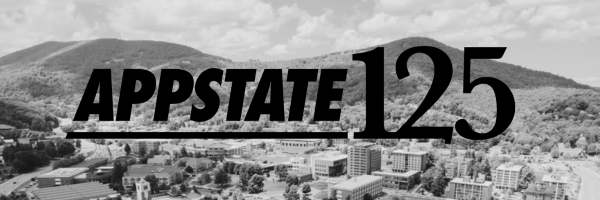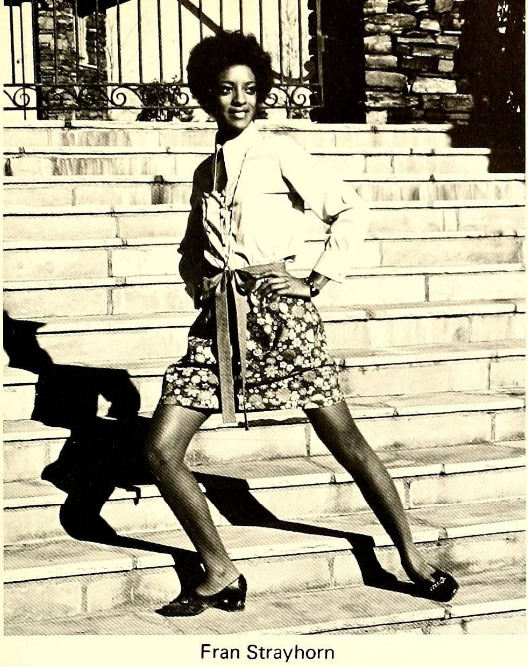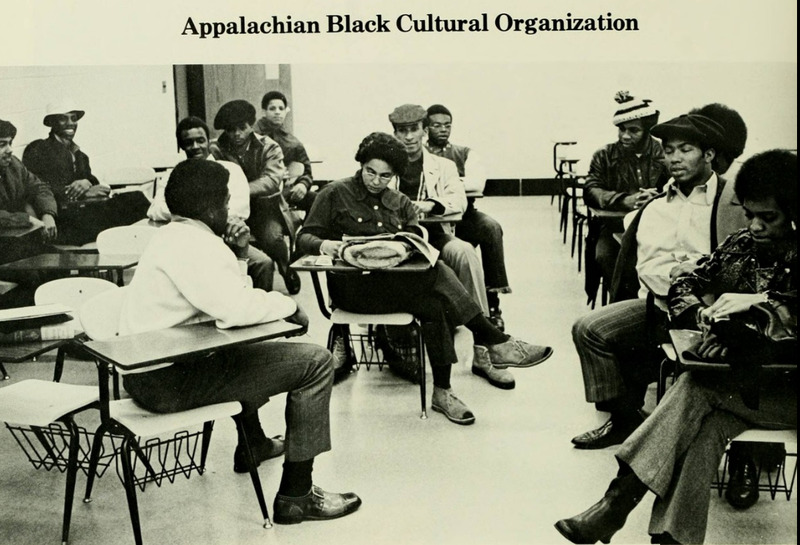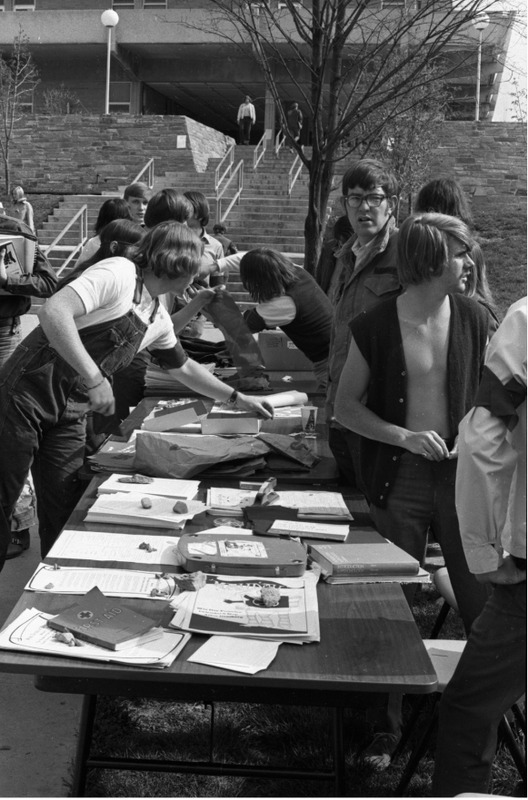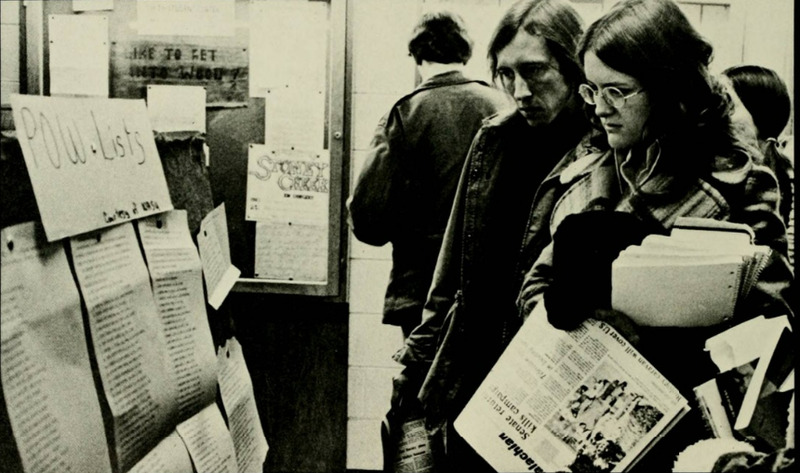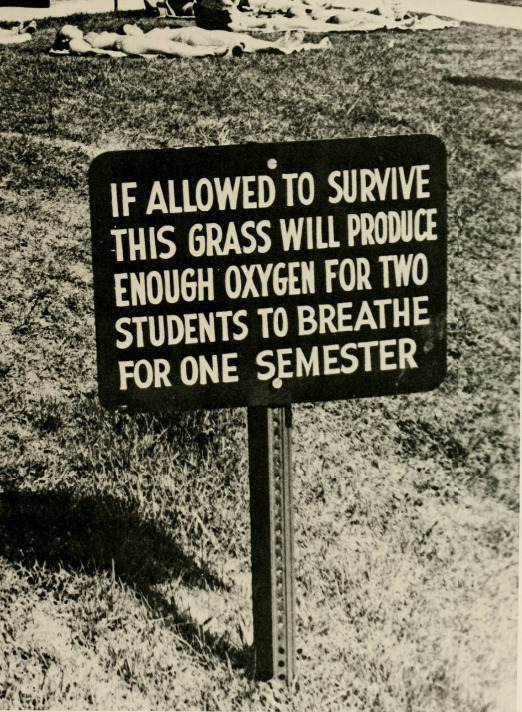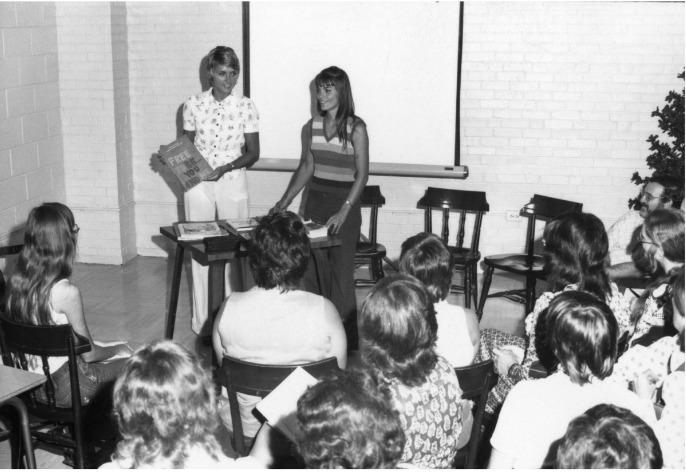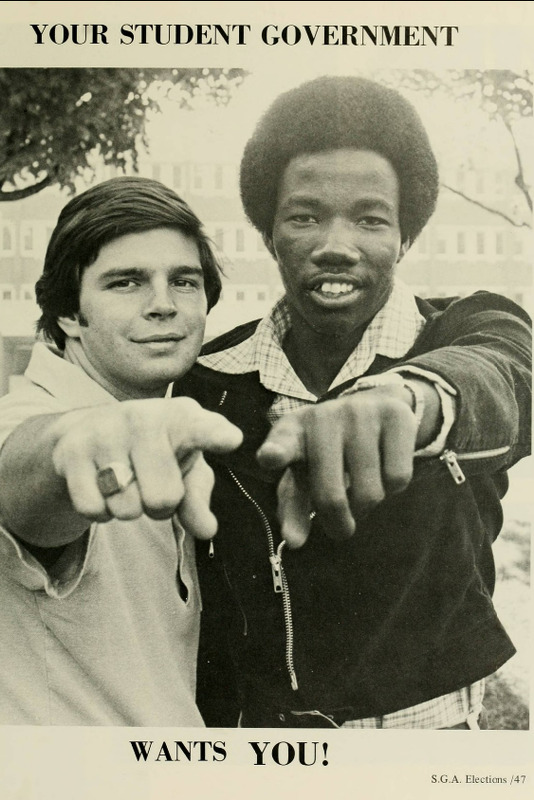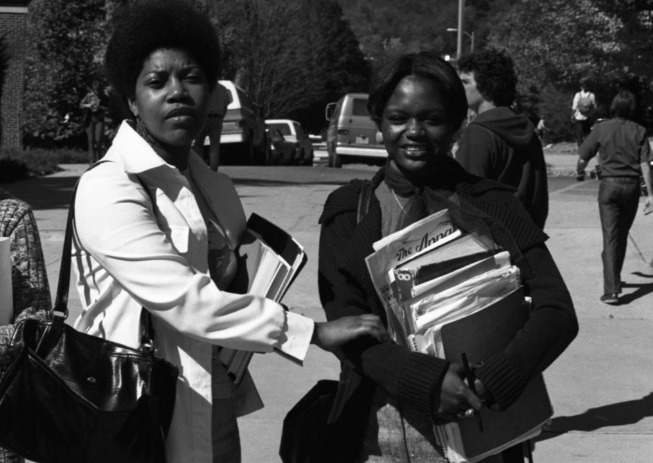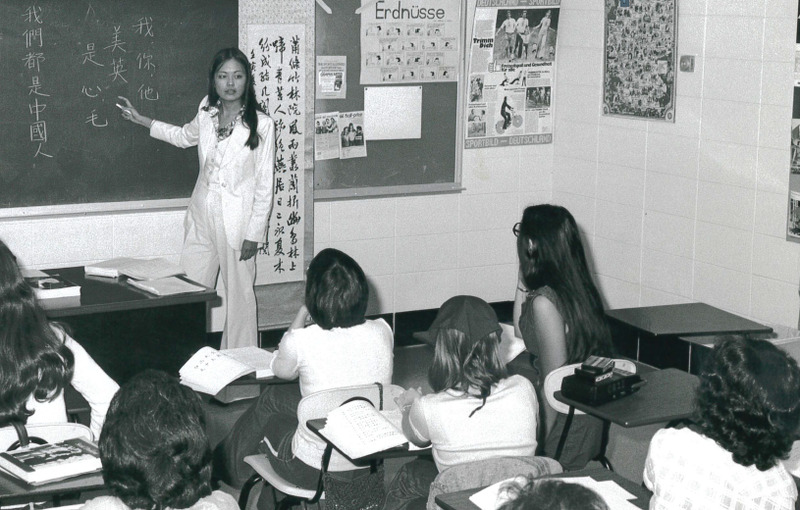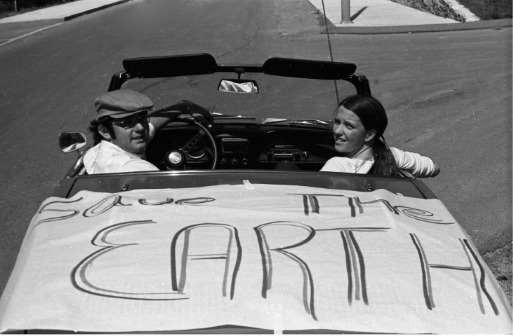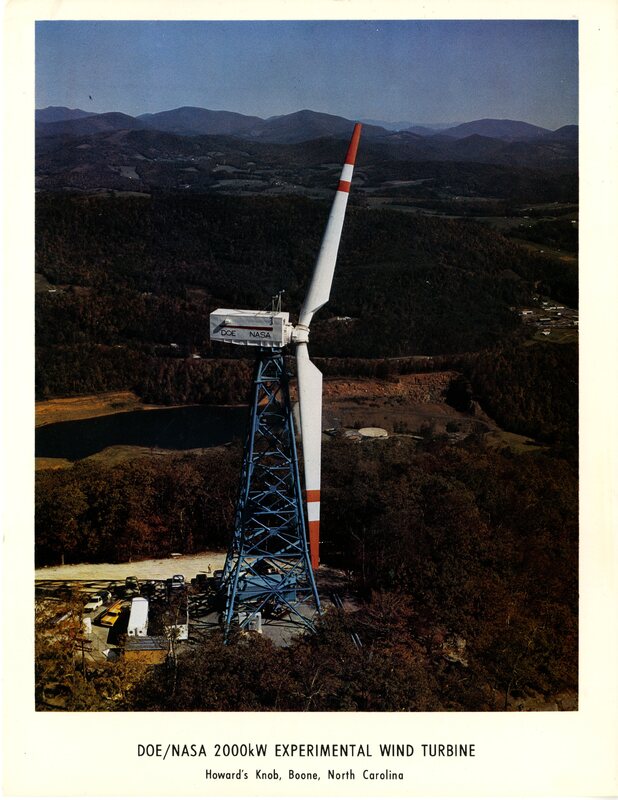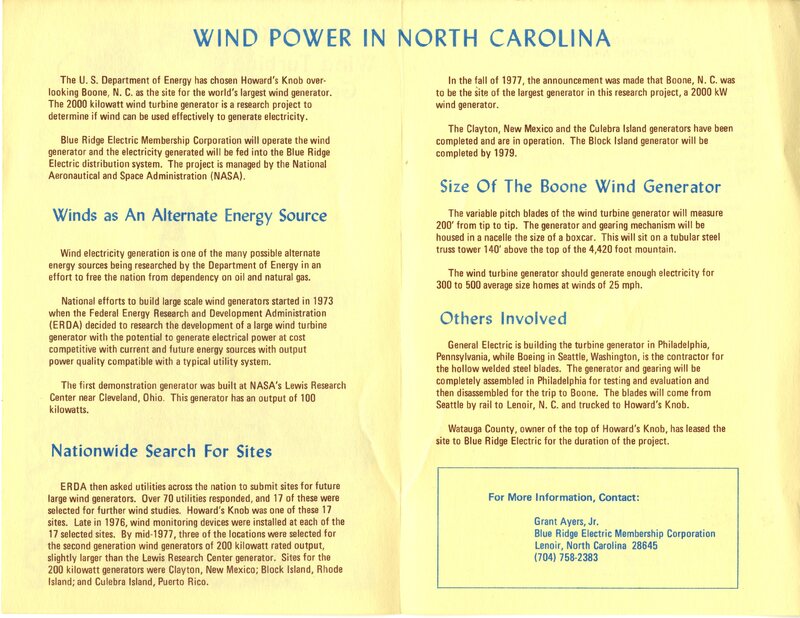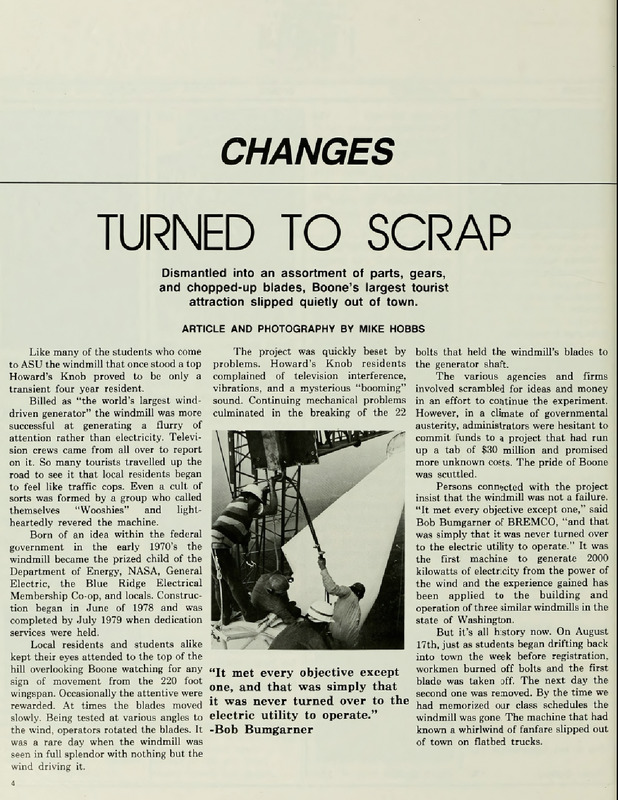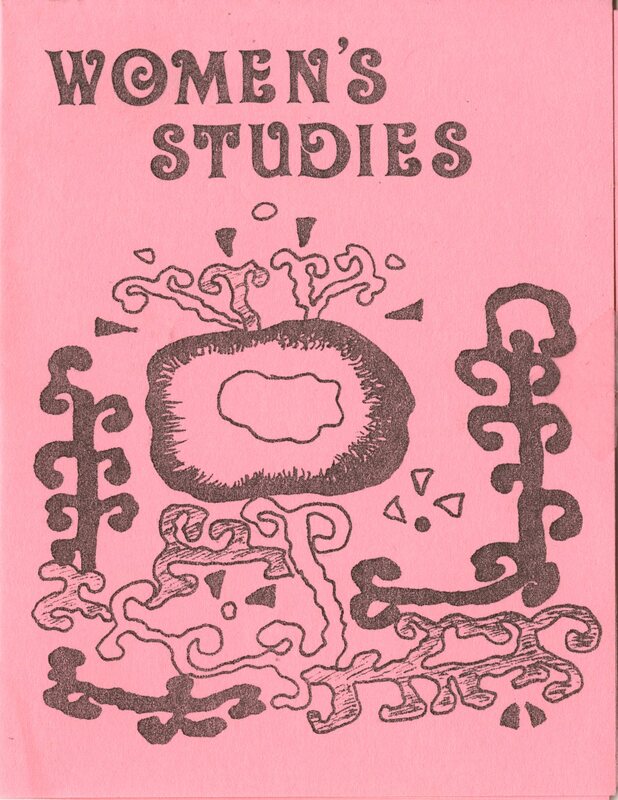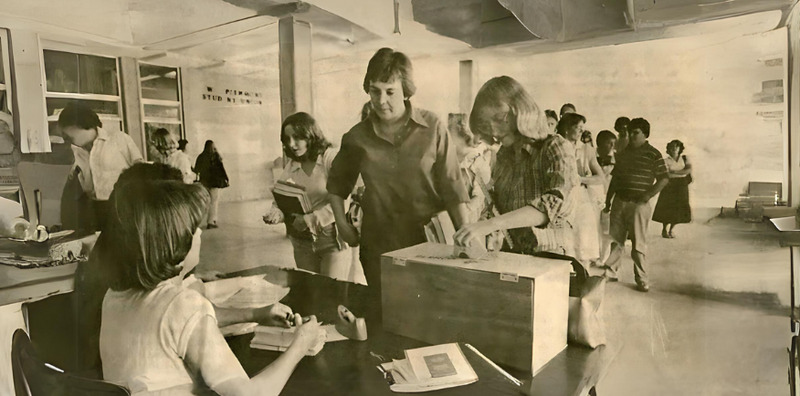Student Autonomy: 1970-1979
Leading the Way
The Black Student Association, originally the Appalachian Black Cultural Organization (ABCO), was founded at Appalachian. The association’s “major function is to present concerns, needs, and interests of black students to the administration of Appalachian State University. The organization serves to promote cultural awareness and place special emphasis on the traditions, customs, and history of Black Americans.” All enrolled black students are automatically members. The group hosted Martin Luther King Jr. commemorations, Black History Month celebrations, Black Awareness Weekend, Ms. Black Cultural Pageants, and Gospel Choir concerts.
Free Speech and Social Responsibility
The United States entered the Vietnam War in 1965. Free speech concerns led to student unrest on campus, and students protested the unjust war and the draft. Peace protestors sponsored by Students for Action held a war moratorium on the Sanford Mall in May.
In 1972, Title IX of the civil rights law prohibited sex-based discrimination in educational institutions that receive funds from the federal government. In 1975, the United States Department of Health, Education, and Welfare gave Appalachian three years to comply before losing federal funds. Dr. Isabel Jones was appointed coordinator of implementing Title IX regulations.
In 1973 the population of Boone, N.C., and the campus had roughly the same population of 9,000 individuals.
In 1973-1974, the Organization on the Status of Women was formed by faculty members from various departments, including English, Anthropology, History, Art, and Sociology. The Organization aimed to explore issues related to female faculty members. Subsequently, the Women's Resource Center was established by a collaboration between the Organization on the Status of Women and the Counseling and Psychological Services Center. A Temporary Interim Child-Care [TICC] facility was opened inside the Women's Resource Center.
Environmental Advocacy
The United States Department of Energy selected Howard's Knob as the site to construct the world's largest wind generator, with a capacity of 2000 kW. The objective was to determine the effectiveness of wind in generating electricity. However, the residents of Howards Knob raised concerns about television interference, vibrations, and a strange "booming" noise. The complaints, combined with the continuous mechanical issues, led to the windmill's removal.
Claiming Space
The Women's Studies program began as an ad hoc committee comprised of Pat Beaver, Sherry Edwards, Allie Funk, Lucy Brashear, Helena Lewis, and Maggie McFadden. They collaborated and shared resources related to Women's Studies and published a resource booklet in 1976. The committee proposed an interdisciplinary minor to the Academic Policies and Procedures Committee, and in 1979, Watauga College opened the Women's Studies minor, with Dr. Helena Lewis serving as its advisor.
In April 1979, the Gay Awareness Organization received its charter from the Student Government Association. Not long after, the charter was reweighed due to the low turnout of voting students and those who disagreed with the decision. The matter was deliberated for three months before Chancellor Herbert W. Wey executively approved the organization's official status.
